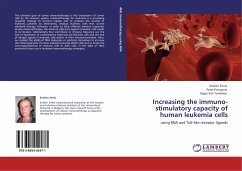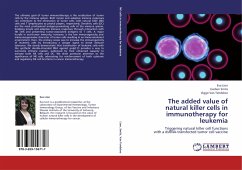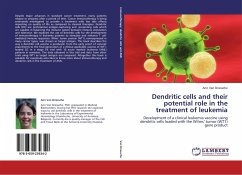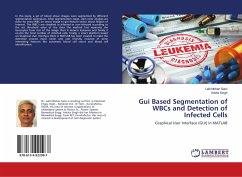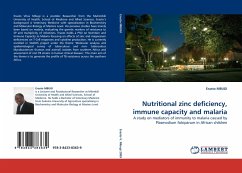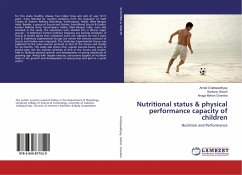The ultimate goal of tumor immunotherapy is the eradication of tumor cells by the immune system. Immunotherapy for leukemia is a promising targeted strategy to prevent relapse and to prolong the survival of leukemia patients by eliminating residual leukemic cells that survive standard therapy. However, in order to elicit effective immune responses during immunotherapy, the immune tolerance against leukemic cells needs to be broken. Mechanisms that contribute to immune tolerance are the lack of expression of costimulatory molecules by leukemic cells and the lack of danger signals in leukemic cells and/or in their microenvironment. Here, we studied the ability of RNA molecules or synthetic derivatives to increase the immunogenicity of acute myeloid leukemia (AML) cells and to break the non-responsiveness of immune cells to AML cells, in the light of their potential future use in leukemia immunotherapy strategies.

